CNN Newsource
By John Fritze, CNN
(CNN) — Matt Salmon remembers getting into a circle with the other teenagers in his group therapy session and shouting obscenities at a gay boy forced to stand in the middle.
And he recalls being made to sit on the floor and hug other men because, his therapist said, his sexuality was driven by a “void” that needed to be filled with “healthy male intimacy.”
Nearly 20 years later, Salmon is still shaken by his late teenage experience with “conversion therapy,” the discredited practice that purports to “convert” gay people to heterosexuality and is the focus of a blockbuster appeal to be argued before the Supreme Court on Tuesday.
“I remember watching these boys as they’re essentially being retraumatized and just broken down,” Salmon recalled in an interview with CNN. “I’ve done a lot of healing, but those wounds are still very much present.”
Days after returning to Washington following its summer break, the Supreme Court will turn its attention to a six-year-old Colorado law that prohibits licensed counselors in the state from practicing conversion therapy on minors – one of a series of cases the 6-3 conservative court has heard, or soon will, that deal with gay and transgender young people.
Salmon is one of several victims of the practice who have submitted briefs at the Supreme Court supporting Colorado.
Just a few months ago, the Supreme Court let stand a Tennessee law that bans puberty blockers and hormone therapy for minors seeking to transition to match their gender identity. Early next year, it will hear arguments over whether states may ban transgender student athletes from playing on teams that align with their gender identity.
The high-profile cases are landing at a moment of political backlash for transgender Americans, driven in part by President Donald Trump’s second administration. They are also a product of blue- and red-state laws enacted in response to an increase in youth who identify as transgender.
Twenty-five states have enacted bans on conversion therapy, a practice that has also been denounced by the nation’s leading medical groups. Critics say that minors pressured to change their sexual orientation or gender identity are more likely to suffer from depression and have suicidal thoughts.
But the question for the Supreme Court is whether Colorado’s law goes too far, violating the First Amendment’s speech protections by dictating what counselors can discuss with clients. In a troubling sign for Colorado, the court has taken an expansive view of First Amendment protections in past cases, including when it comes to “professional speech.”
Kaley Chiles, a licensed counselor in Colorado, challenged the law on those grounds. Her “faith-informed counseling” would be “speech only” and she says her clients would voluntarily seek her services. She rejects the term “conversion therapy” and instead describes the work she hopes to do as helping clients who “have a goal to become comfortable and at peace” with their body.
“The problem is that the state has decided that my clients are not allowed to make certain goals,” Chiles told CNN in an interview. “People are struggling and suffering now because counselors like myself are not able to serve them without taking some pretty serious risks.”
Chiles could face fines up to $5,000 and lose her license if she violates the law. Since the prohibition was enacted, Chiles said she has avoided conversations with clients that may be perceived as violating the law.
And, she said, she has faced consequences for leading the legal effort, losing referrals and speaking engagements.
“But the clients who are being impacted,” she said, “they’re kids and they’re struggling.”
Defining ‘conversion therapy’
Chiles says her counseling involves conversations that begin with clients discussing their goals and religious beliefs. And she explicitly rules out “aversive techniques.” But some of her critics say it’s not entirely clear what she has mind and Chiles’ proposed methods are an issue the court’s three-justice liberal wing is almost certain to raise on Tuesday.
Colorado has argued that the way Chiles has described her approach may not even violate its law.
“When she says, ‘I want to help patients develop a better understanding of their own sexual orientation or gender identity,’ that doesn’t fall within what is banned under this law,” Colorado Attorney General Phil Weiser told CNN.
“This law says you can’t pressure people to be someone they’re not,” said Weiser, a Democrat who is running for governor in the state’s election next year. “And if someone is gay, you can’t pressure them to be straight.”
But Chiles’ attorneys scoffed at that reading of the law, which they claim is a “reimagining” of language the state legislature enacted.
Chiles is represented by the religious law group Alliance Defending Freedom, a major conservative player at the court that is also working on the transgender sports case this year.
The state’s law defines conversion therapy as an effort to change a minor’s sexual orientation or gender identity, “including efforts to change behaviors or gender expressions.”
If one of her clients wanted to “reduce sexual or romantic” same-sex attraction, Chiles believes she would violate the law by helping them reach that goal.
“Colorado is simply misreading what Kaley has said,” Jim Campbell, an attorney with ADF who will argue the case at the Supreme Court, told CNN. The law, he said, is “going further and telling the families and these struggling kids that you can’t pursue these goals.”
Colorado argues that families can pursue conversion therapy, just not with a licensed counselor.
Chiles, they said, is free to give speeches, write articles and post on social media about conversion therapy. She could tell her patients about it and direct them to religious ministries. She just can’t practice it with a client because the state has deemed it ineffective and unsafe.
Transgender care
In the final weeks of its term that ended in June, a majority of justices noted that states have broad powers to regulate medicine.
The court’s 6-3 opinion in the Tennessee gender care case pointed to uncertainty about the use of puberty blockers and hormone therapy.
Over a dissent from the court’s three liberals, the conservative majority decided it would be better to defer to state lawmakers who are accountable to voters to answer such complicated questions.
Though there are consistent policy arguments in both cases, Chiles’ attorneys note one big difference: The First Amendment.
ADF relies heavily on a 2018 decision that sided with faith-based pregnancy centers in California challenging a state law that required them to disseminate information to patients about the availability of abortions. In that 5-4 opinion, written by conservative Justice Clarence Thomas, the court stressed that “professional speech,” is still entitled to First Amendment protection.
“This court has never recognized ‘professional speech’ as a separate category of speech subject to different rules,” Thomas wrote. “Speech is not unprotected merely because it is uttered by professionals.”
Three conservative justices stressed similar points when the court declined to take up the conversion therapy issue just two years ago. Justices Brett Kavanaugh, Samuel Alito and Thomas said they would have taken up that case.
Under a similar state law enacted in Washington, Thomas wrote that “licensed counselors cannot voice anything other than the state-approved opinion on minors with gender dysphoria without facing punishment.”
“Although the court declines to take this particular case, I have no doubt that the issue it presents will come before the court again,” he wrote at the time. “When it does, the court should do what it should have done here: grant certiorari to consider what the First Amendment requires.”
No absolutes
Salmon, an Arizona native, pushed back on the idea that licensed professionals can say whatever they want.
And he should know: Salmon today works as a psychiatrist.
“When you are operating with a license from the government to provide health services, you don’t have just carte blanche free speech to do and say what you want,” Salmon said. “You don’t have free speech to psychologically abuse children.”
Salmon came from a devoutly religious and Mormon family, with two parents who were politically active and opposed LGBTQ rights. His father, also Matt Salmon, was a Republican congressman from Arizona first elected in 1994. The dynamic supercharged an already fraught situation for Salmon, who realized he was gay when he was around 8 years old.
It took almost two years for him to walk away from the therapy, which he said had ripped his family apart.
“I just told God, ‘You know, I’ve prayed asking you to change me my entire life, and you’ve done nothing,’ ” Salmon recalls of his decision to quit. “‘And so I’m here to tell you that I think it’s okay that I’m gay, and you can tell me otherwise and, if you don’t, then I’m going to assume your silence is complicit.’”
In the years since, Salmon has largely repaired his relationship with his parents.
Salmon’s former therapist has since lost his license.
The-CNN-Wire
™ & © 2025 Cable News Network, Inc., a Warner Bros. Discovery Company. All rights reserved.
Click here to follow the original article.
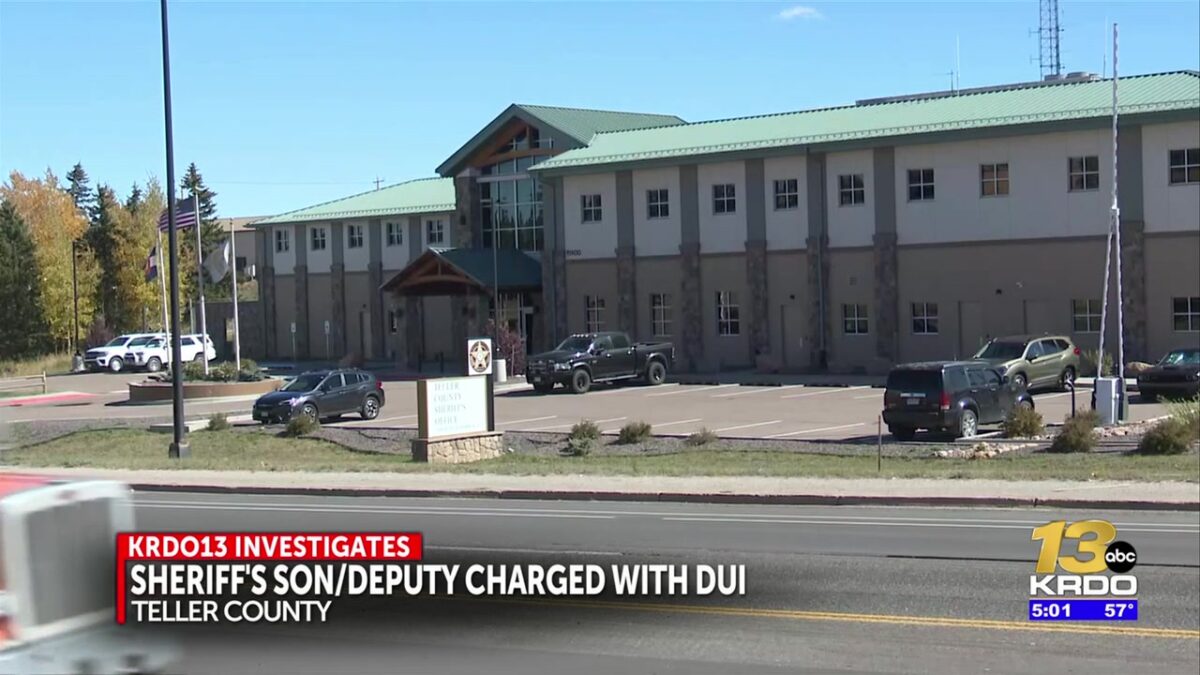
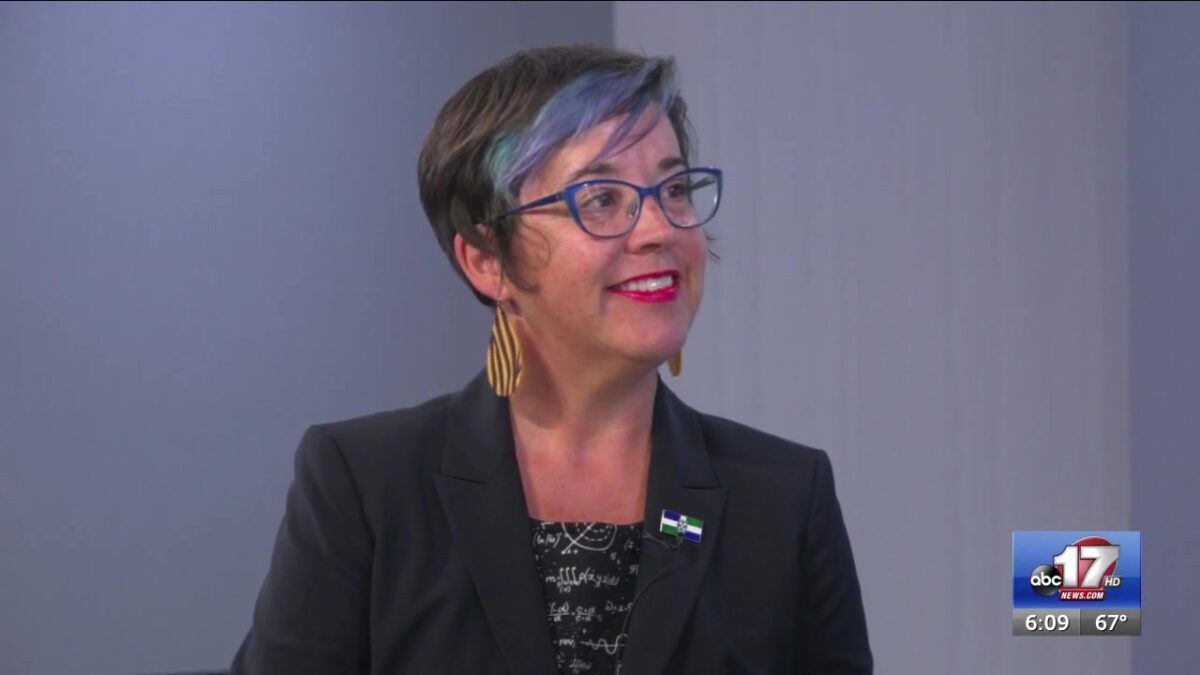

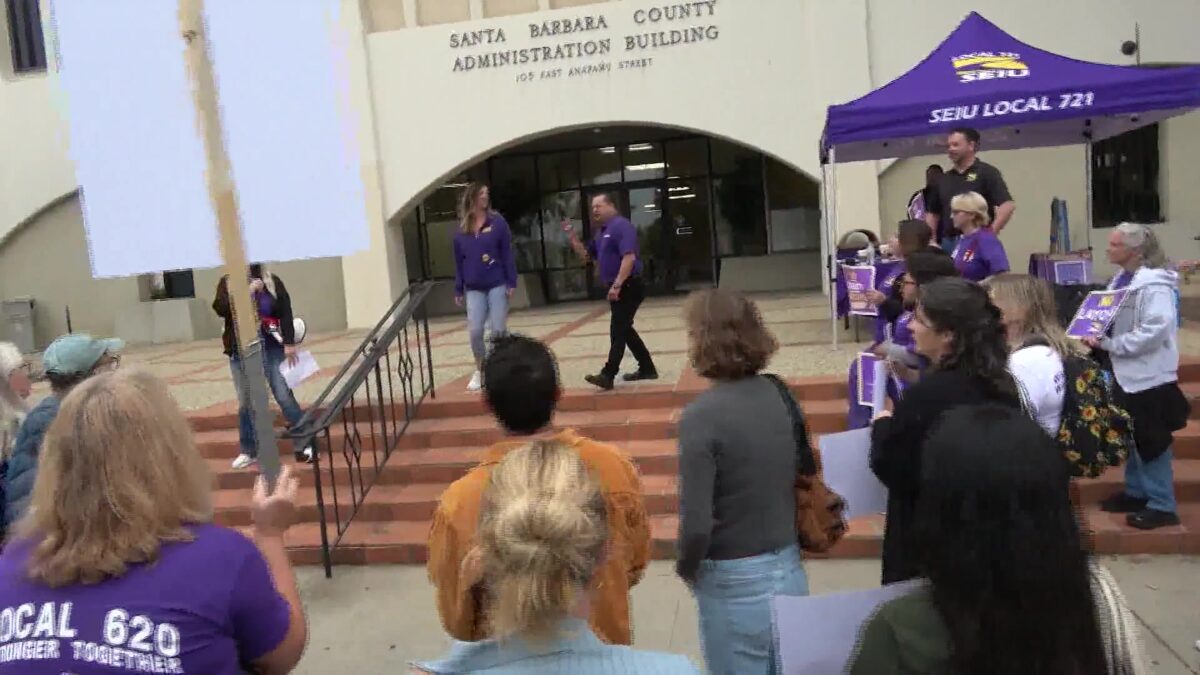
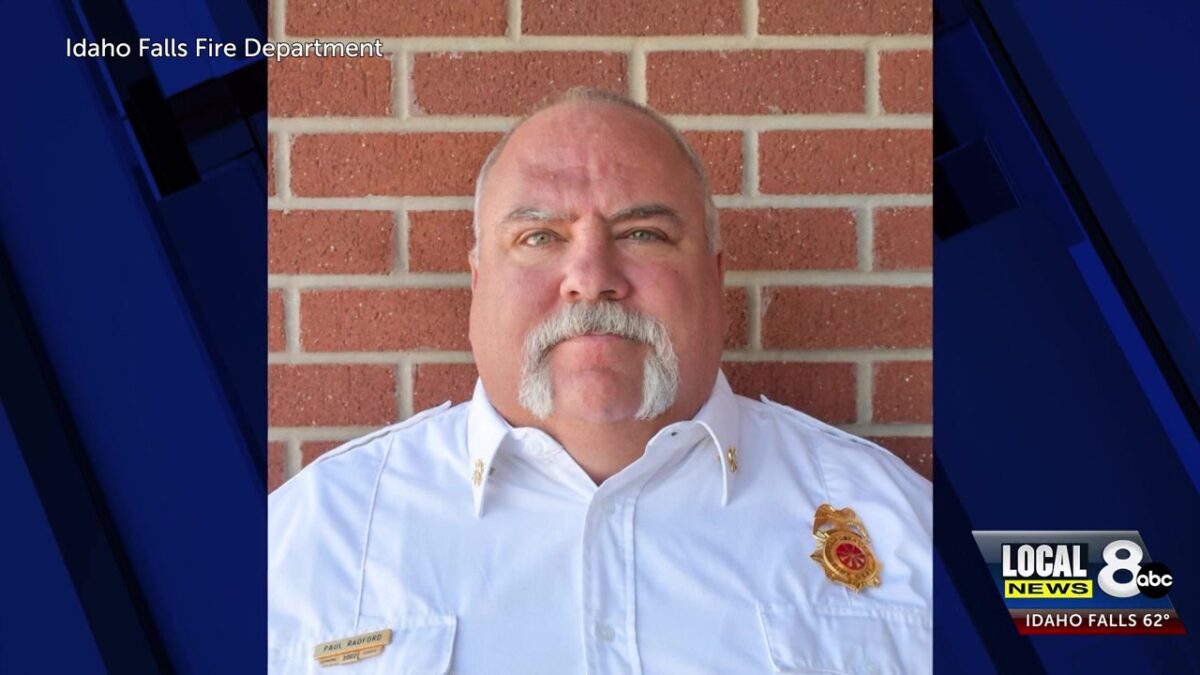
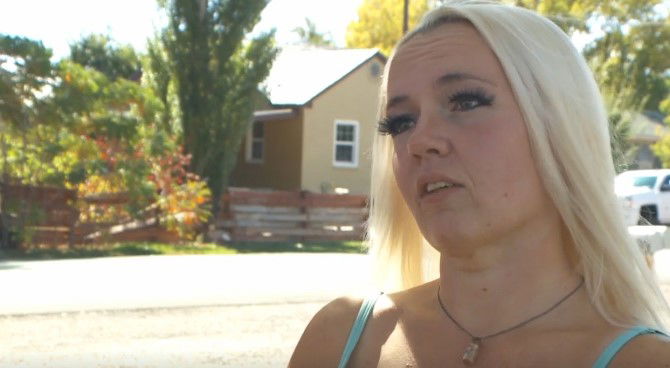

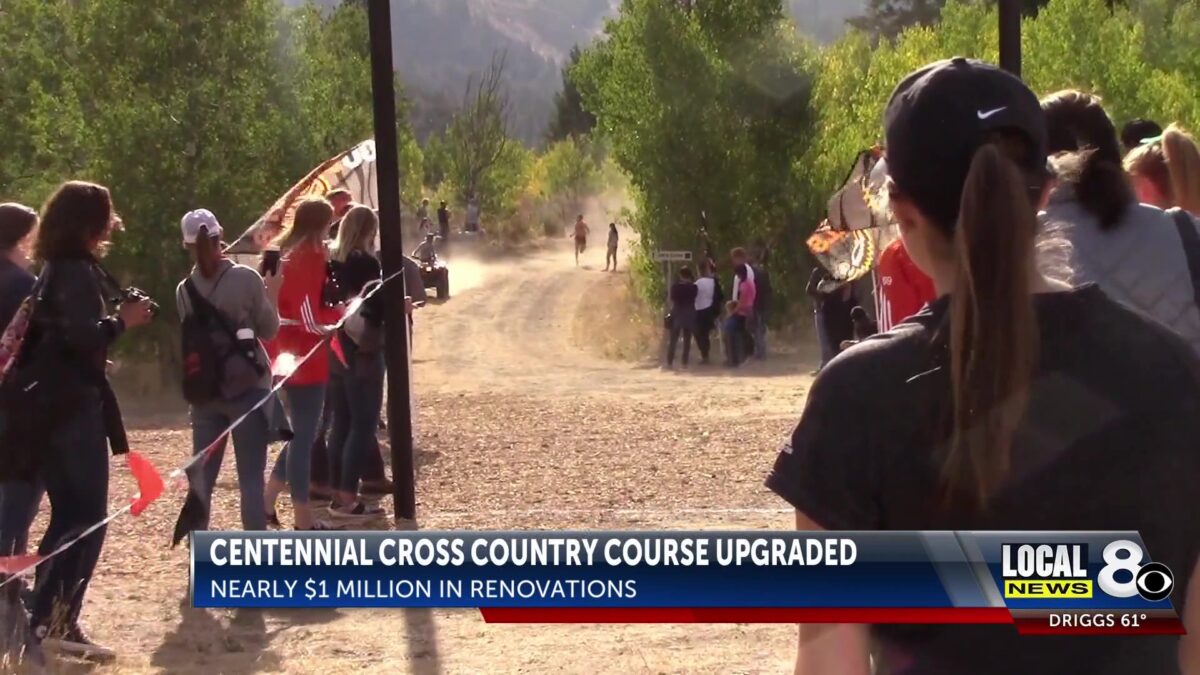

 Courtesy: Sondra N. Rymer, Salvation Army Development & Public Relations Manager
Courtesy: Sondra N. Rymer, Salvation Army Development & Public Relations Manager